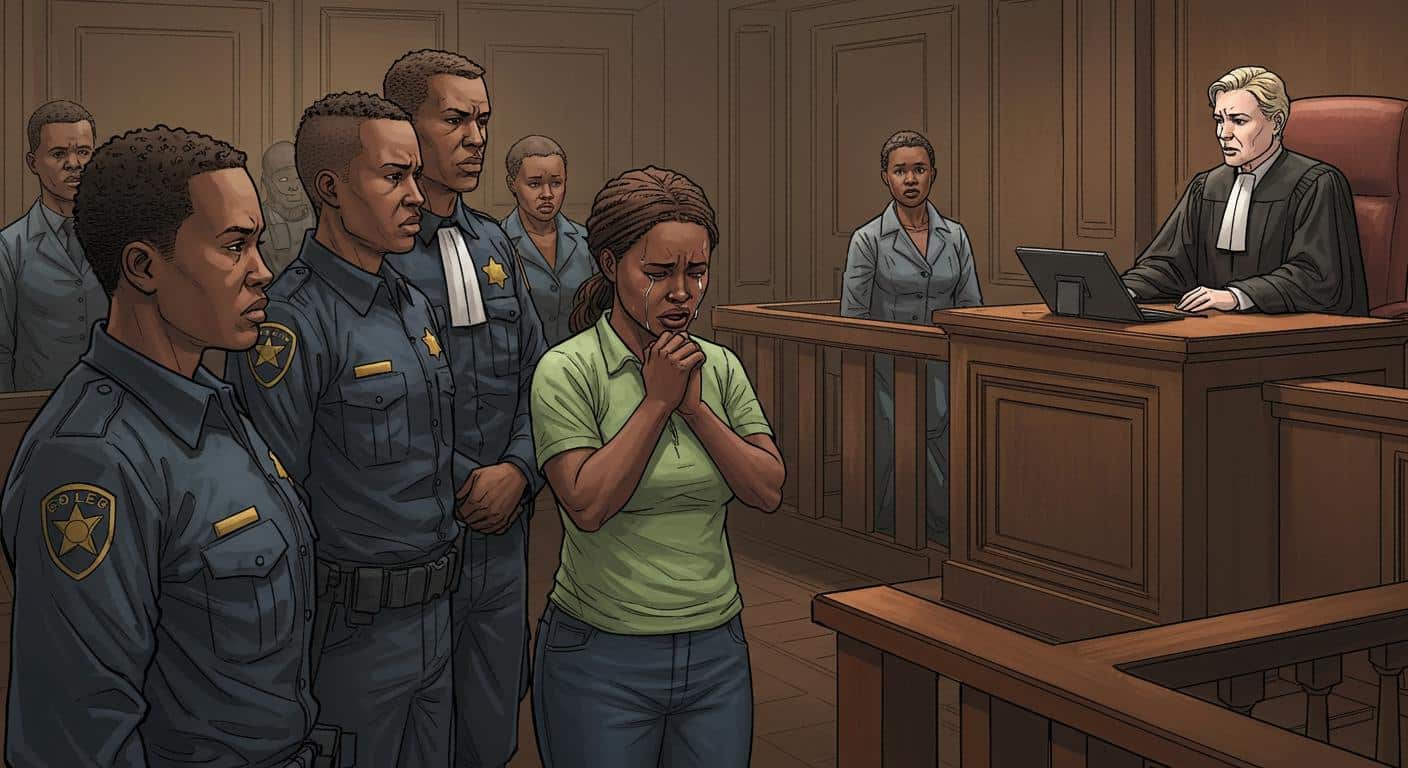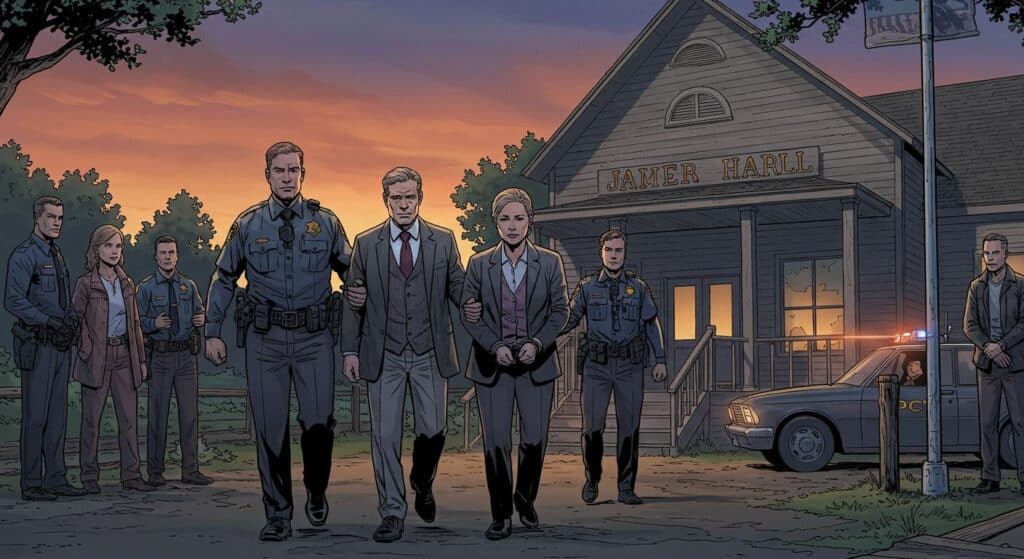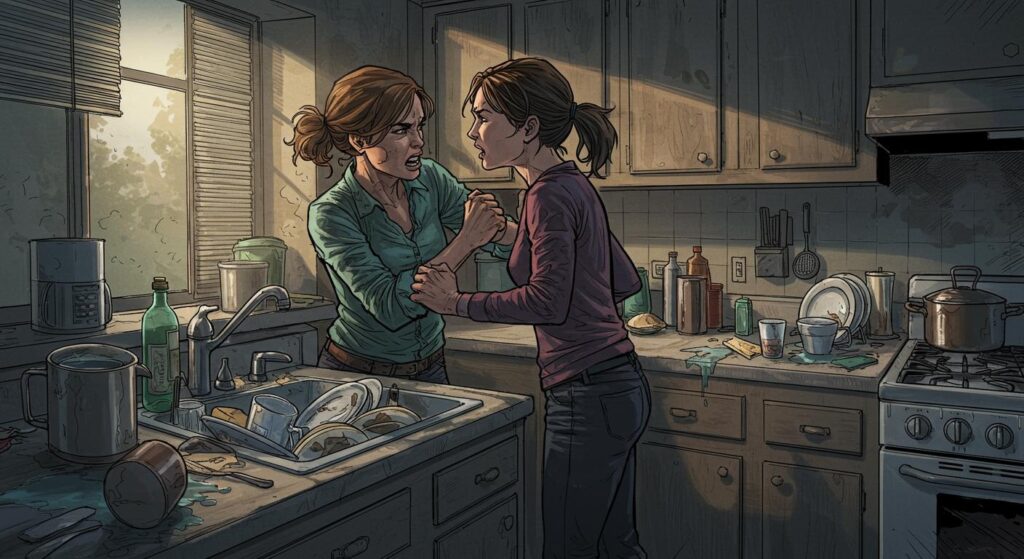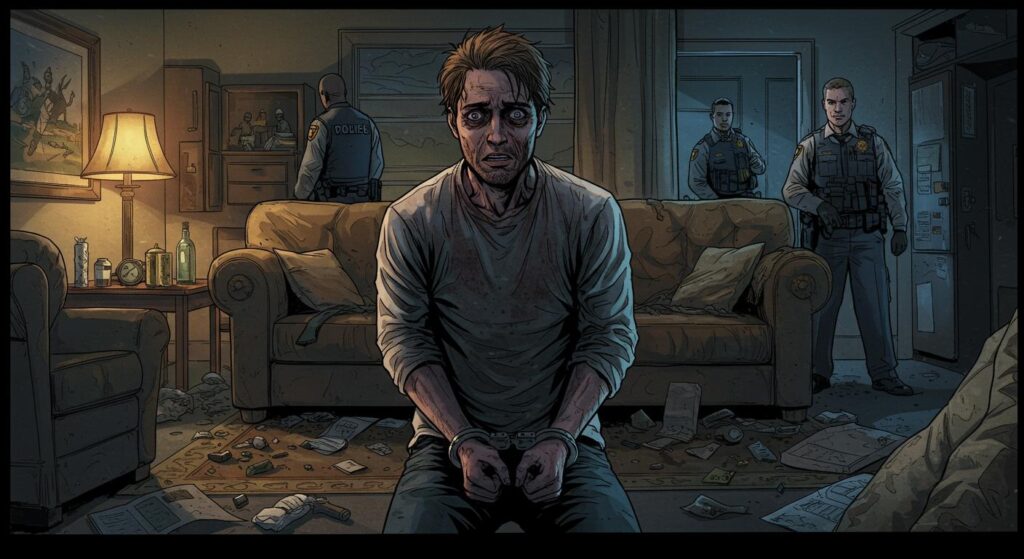Sometimes, reality manages to outpace even the darkest corners of the internet’s “strange but true” archives. This week, a South African courtroom delivered a life sentence to Racquel “Kelly” Smith for selling her six-year-old daughter, Joshlin. As CBS News reports, the verdict has left many simultaneously stunned and grimly unsurprised, especially in light of the country’s notorious crime statistics. Joshlin vanished in February last year from her home in the fishing town of Saldanha Bay, about 85 miles north of Cape Town, and has never been found—her story now a haunting blank space in the national memory.
A Case That Shocked—and Then Sickened—a Nation
Early on, Smith was cast as a figure deserving sympathy—just a mother frantic for her missing daughter. Both CBS News and DW describe how images of Joshlin’s bright green eyes and broad smile, her brown pigtails, flooded the internet and national consciousness. Ministers weighed in, the government put up a million-rand reward, and for a brief moment, the country united in anxious hope.
Then, everything changed. Prosecutors—according to both outlets—revealed that Smith had sold her daughter for 20,000 rand (roughly $1,100), allegedly to a traditional healer, or sangoma, with a disturbing focus on the child’s distinctive eyes and fair skin. The judge stopped short of confirming that story in his official decision, but the suggestion alone underscored a sense of horror that facts sometimes leave behind. At trial, which DW notes began in March, both a teacher and a pastor testified that Smith had talked about plans to sell her child months before Joshlin disappeared. How many times, in cases like this, do we hear of warning signs blinking in plain sight?
The Broader (and Bleaker) Pattern
Judge Nathan Erasmus, as cited by both outlets, made his stance clear: neither drug addiction nor “bad influences” could explain “manipulative” and “remorseless” behavior of this magnitude. Smith, her boyfriend, and a mutual friend all received life sentences for human trafficking and another 10 years for kidnapping, with their names entered into the child protection register—as detailed in both CBS News and DW’s accounts. Courtroom attendees, including Joshlin’s grandmother, responded with applause at the announcement of the verdict, CBS News added, capturing a rare moment of collective catharsis amid so much grimness.
Peering beyond the individual case, the scope grows even bleaker. CBS News relays national police data indicating more than 17,000 kidnappings reported in South Africa during the 2023/2024 financial year—an 11 percent increase over the previous year. The statistics, notably, don’t even specify the ages of the victims. It’s chilling to consider: does an unthinkable case like Joshlin’s merely become a number, lost amid data so vast and grimly routine? Is public outrage just another wave in the rising tide?
As the Dust Settles
It’s tempting—especially for those of us drawn to the world’s odder corners—to look for a flicker of hope or at least some hard lesson. Yet, CBS News documented how Smith sat through her sentencing with an impassive gaze, a detail that reads like a final gut punch. The unresolved fate of Joshlin only deepens the story’s sense of loss and unanswered questions.
Even in a world well-versed in darkness, there are stories that manage to stop us in our tracks. The case of Joshlin Smith, and the mother who betrayed every expectation of parental instinct, stands as a chilling entry in the ledger of “realities stranger (and far grimmer) than fiction.” What remains is less a sense of closure than a nagging question: in societies both near and far, at what point do these stories become so commonplace that we stop stumbling over their shock?







